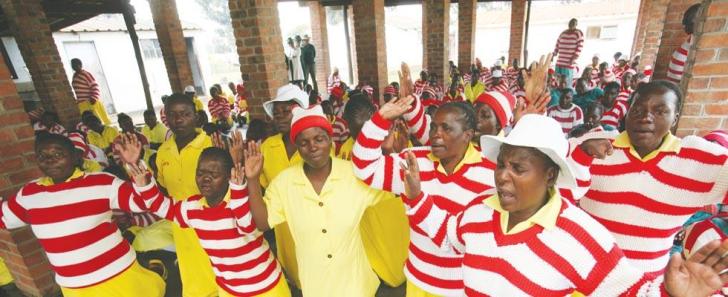News / National
Prisons force inmates to buy uniforms
25 Jun 2024 at 09:47hrs |
0 Views

The Zimbabwe Prisons and Correctional Services (ZPCS) is facing severe financial constraints, forcing prisoners on remand to provide their own uniforms and prompting their relatives to supply blankets during the cold winter months.
Government officials, speaking anonymously to NewsDay, revealed these measures due to a lack of funding affecting basic inmate necessities.
Although Assistant Commissioner Meya Khanyezi of ZPCS denied these claims, stating that unconvicted prisoners are allowed to acquire essentials from private sources as per regulations, investigations by NewsDay uncovered a thriving market for prison uniforms in Mbare. Vendors there sell uniforms at prices ranging from US$10 to US$20, exacerbating the plight of inmates who cannot afford them.
Consequently, many prisoners are left wearing tattered clothing or relying on hand-me-downs from others, highlighting the deteriorating conditions within Zimbabwe's prisons. This situation reflects broader financial woes affecting security forces like the army, police, and correctional facilities, all struggling with resource shortages that compromise service delivery.
Government officials, speaking anonymously to NewsDay, revealed these measures due to a lack of funding affecting basic inmate necessities.
Consequently, many prisoners are left wearing tattered clothing or relying on hand-me-downs from others, highlighting the deteriorating conditions within Zimbabwe's prisons. This situation reflects broader financial woes affecting security forces like the army, police, and correctional facilities, all struggling with resource shortages that compromise service delivery.
Source - newsday
Join the discussion
Loading comments…



























